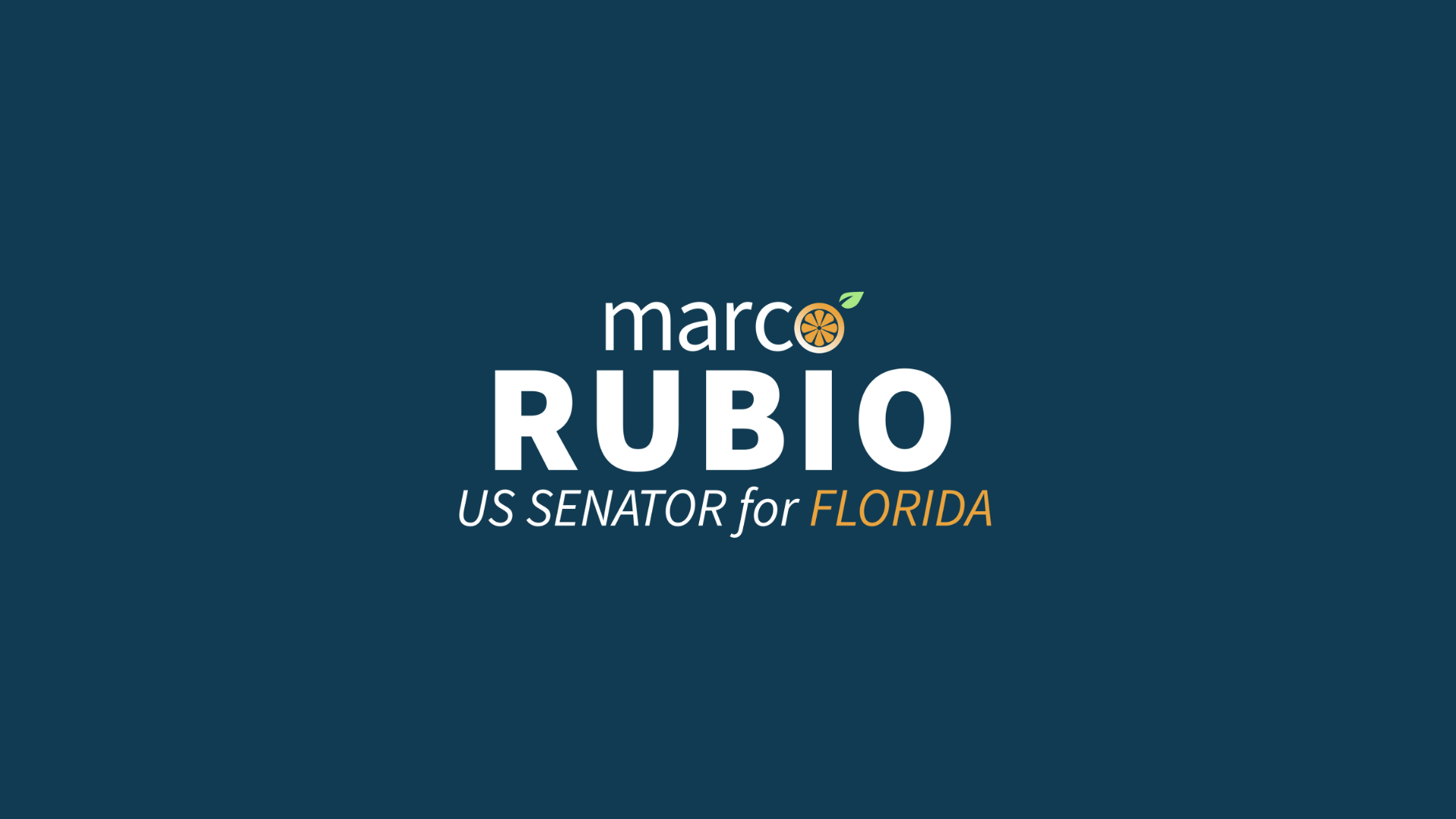Source: United States Senator for Florida Marco Rubio
Washington, D.C. — U.S. Senator Marco Rubio (R-FL) questioned Dr. Lawrence Tabak, Acting Director of the National Institutes of Health, during a Senate Appropriations Subcommittee on Labor, Health and Human Services hearing. Tabak acknowledged there are no long-term studies on the risks associated with the off-label use of puberty blockers by minors.
A video of Rubio’s questioning can be found here and a transcript of the exchange is below.
RUBIO: Dr. Tabak, let me start with this question. We’ve recently seen…that the Biden Administration and others in the policy realm have been actively promoting and supporting the use of things like puberty blockers and hormone therapy for young boys and girls.
I want to limit my question to minors for what they have termed “gender transforming care.” That’s not an FDA-approved use for puberty blockers and hormone therapy, I don’t believe, in any people, but especially in minors. So, as the NIH is America’s medical research agency, what work have we done at NIH… to determine if this non FDA-approved use of these medicines, this off-label use of these medicines, is appropriate for minors seeking gender transforming care?
TABAK: So, NIH funds a small number of observational studies to gather the data on the effects of treatments that transgender youth and their parents have chosen. And there are also a small number of studies that describe the health issues and risks, including HIV, that are unique to to these transgender youth. But all of the research in this space is observational. We do no interventional work.
RUBIO: I guess my question is…[it’s] one thing i[f] a decision [is] made by an adult, right? And, especially given the irreversible nature of some of these treatments, isn’t there some wisdom in the notion that, before policymakers are out there promoting the off-label use of medications that lead to permanent changes, that there be some more research done on [the] impact [it will have] five, ten, 15, 20 years from now?
TABAK: So, as you know, transgender youth are more vulnerable to depression, anxiety, [engagement] in self-harm. And so it is important that we examine and evaluate the potential effects of these treatments. Researchers are observing longer-term psychological impact of these protocols. And so by by looking at individuals, transgender youth with and without histories of puberty suppression, we will be able to better answer the types of questions that you’re posing.
RUBIO: Yeah, I guess that’s my point. My point is, we don’t know what its long term implications are when we weigh the cost and the benefits. The FDA hasn’t approved this and yet we have policymakers promoting it, and I think that’s an important point.
We clearly don’t want anybody harming themselves…but…these policy decisions are being made on the basis of observational guidance and, by your own admission, without any sort of long term trajectory on its holistic impact.
